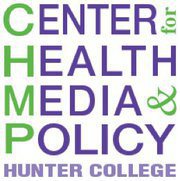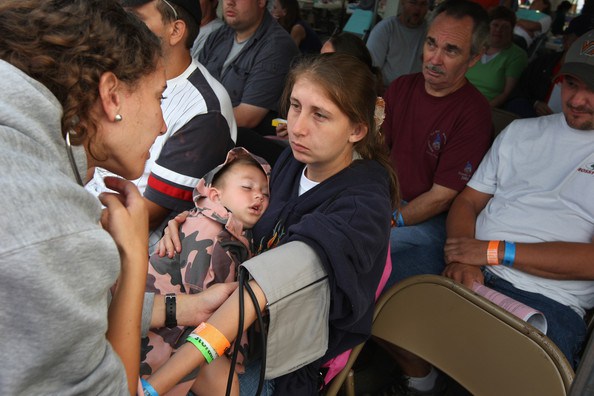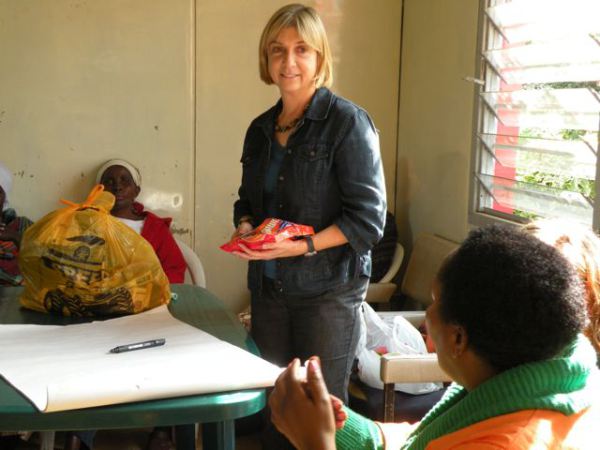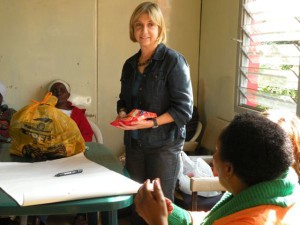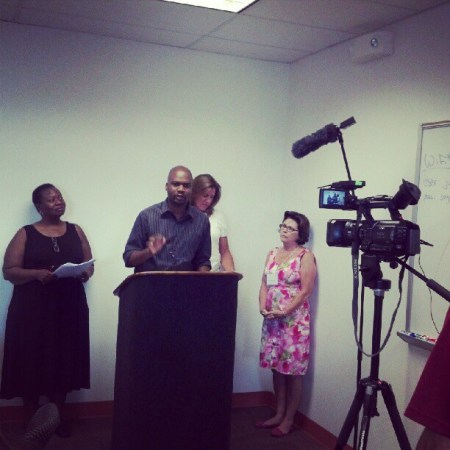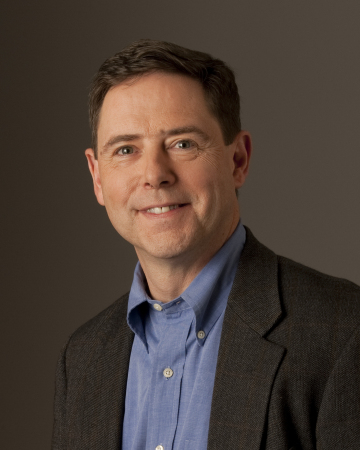Out Loud and In Writing
The following guest post is by Patricia Wagner Dodson, a fiction writer and research nurse at Massey Cancer Center, Virginia Commonwealth University, Richmond, VA. She recently attended Telling Stories, Discovering Voice: A Writing Weekend for Nurses, led by Jim Stubenrauch and Joy Jacobson and co-sponsored by the CHMP and Hunter–Bellevue School of Nursing. Pat blogs at StoryStreams: fiction as comfort.
I’m a nurse, I might say.
But I don’t say it. I qualify it. I spin it. I elaborate on it. I never just say it.
I’ve often wondered why.
I used to think it might be because it sounds so ordinary. I imagine that the person I am speaking to might conjure up an image of a woman in white going from room to room, dispensing medications, holding the hands of the dying, recording the responses to treatment, changing IV fluids. I did that for six months when I graduated from nursing school. I was exhausted and miserable, and it nearly sent me back to my old job, the job I had before I became a nurse.






